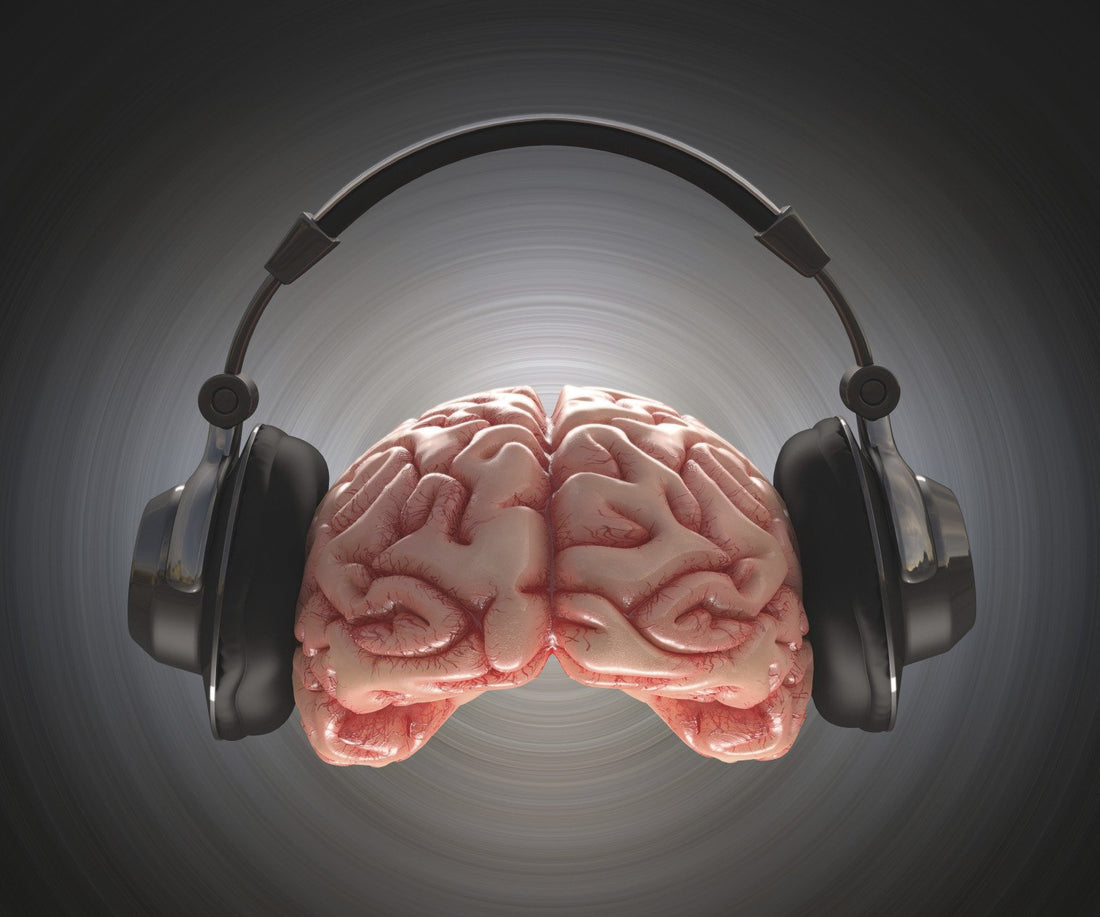
The Power of Music Therapy: How It Can Improve Your Health and Well-being
The Power of Music Therapy: How It Can Improve Your Health and Well-being
Welcome to the power-packed world of music therapy, where the beats and rhythms of music can boost your health and well-being like never before. If you're tired of relying on traditional forms of therapy, then music therapy is just what you need. In this article, we'll take you on a musical journey that explores the various ways in which music therapy can help improve your physical, emotional, and mental health. So grab your headphones, turn up the volume, and let's dive right in!
What is Music Therapy?
Before we get started, let's clarify what music therapy is all about. Music therapy is the use of music to achieve specific goals in therapy. These goals could include reducing stress, improving mood, promoting relaxation, enhancing memory, or increasing motivation. Music therapy can be used as a standalone treatment or in combination with other forms of therapy.
The Science Behind Music Therapy
There is a wealth of scientific evidence that supports the use of music therapy for improving health and well-being. For instance, a study published in the Journal of Music Therapy found that listening to music can significantly reduce anxiety levels in patients before undergoing surgery. Another study published in the Journal of Psychosomatic Medicine found that listening to music can help lower blood pressure in patients with hypertension.
Music therapy works by stimulating various parts of the brain that are involved in emotion, memory, and movement. When we listen to music, our brain releases dopamine, a neurotransmitter that is associated with pleasure and reward. This is why music can evoke powerful emotional responses and help us feel more positive and energized.
The Benefits of Music Therapy
Now that we understand what music therapy is and how it works let's take a look at some of the many benefits it can offer:
Reduces Stress and Anxiety
Listening to music can help reduce stress and anxiety levels, making it a perfect tool for anyone looking to unwind and relax after a long day. Studies have shown that listening to soothing music can help lower cortisol levels, a hormone that is released in response to stress.
Improves Mood
Feeling down or depressed? Music therapy can help boost your mood and make you feel happier. Studies have found that listening to upbeat music can help increase dopamine levels, enhancing feelings of pleasure and happiness.
Enhances Memory
Do you have trouble remembering things? Music therapy can help improve your memory and cognitive function. Research has shown that music can help stimulate the brain regions that are responsible for memory formation and recall.
Promotes Physical Healing
Music therapy can also help promote physical healing. Listening to calming music can help reduce pain levels, lower blood pressure, and even boost the immune system. In fact, some hospitals use music therapy to help patients recover from surgery or other medical procedures.
Increases Motivation
Do you struggle with motivation? Music therapy can help you get motivated and stay focused. Studies have shown that listening to energetic music can help increase motivation and improve productivity.
How to Incorporate Music Therapy into Your Life

Now that you know the many benefits of music therapy let's explore some of the ways you can incorporate it into your life:
Create a Playlist
Create a playlist of your favorite songs that you can listen to whenever you need a mood boost or some stress relief. Whether it's upbeat pop songs or calming classical music, choose music that resonates with you and helps you feel better.
Play an Instrument
Playing an instrument is a form of music therapy that can be incredibly rewarding. It not only helps improve your cognitive function and memory but also gives you a sense of accomplishment and achievement.
Attend a Concert or Music Festival
Attending a live concert or music festival can be a memorable experience that engages all your senses. The electric atmosphere, the thumping beats, and the dazzling light shows can be incredibly invigorating and help you forget about your worries for a while. Moreover, sharing this experience with like-minded people can create a sense of community and belonging that can boost your mental health.
Conclusion:
As we conclude this musical journey, it is clear that music therapy is a powerful tool that can help improve your physical, emotional, and mental health. From reducing stress and anxiety to promoting physical healing, music therapy has a range of benefits that make it an excellent addition to your wellness routine. So go ahead, turn up the volume, and let the power of music therapy work its magic!
